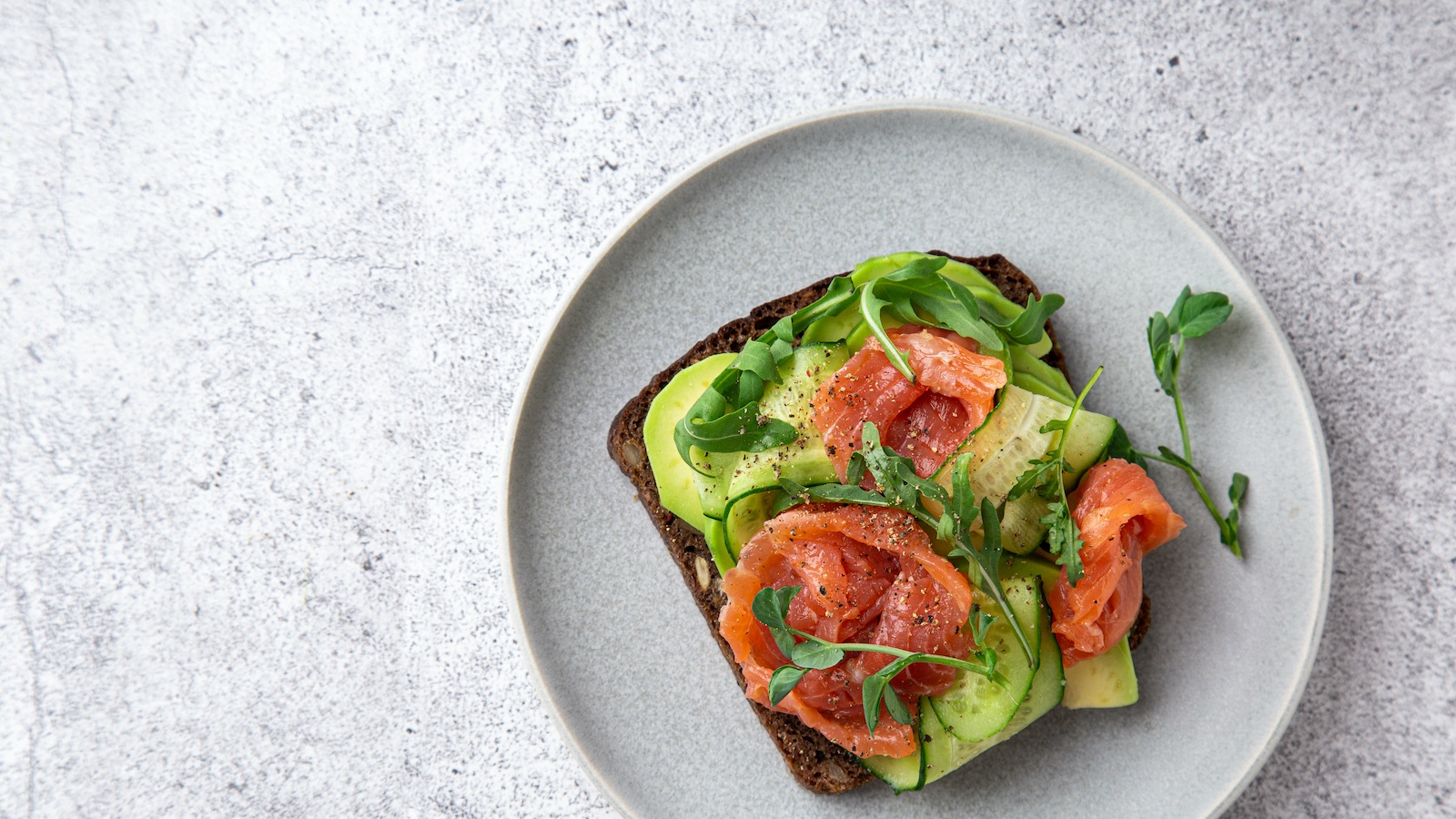3 Best Foods for Brain Health
There’s not one part of the human body that could possibly take on the responsibilities of the brain from day-to-day. It governs almost everything, from our thoughts and sleep cycles to the kinds of foods we like (and ultimately how this impacts our health). But unfortunately, as we age, some of life’s stressors can get the better of it; think chronic health, mental health, and even something as simple as food and lifestyle choices. But just as some foods can be detrimental for brain health, some too can be the best thing for ultimate cognitive longevity. Here are 3 of the best foods for brain health.
1. Wild Caught Salmon
For those who include small portions of ethically sourced fish in their diet, wild-caught salmon is top of the list for brain-loving foods. According to leading brain researcher and NYT bestselling author David Perlmutter, MD., “Salmon is rich in healthy fats called omega-3 fatty acids. Omega-3 fatty acids have also been associated with decreased risk of depression and cognitive impairment.”
“Vitamin B12 is another essential nutrient found in wild-caught salmon,” he suggests. “It is thought to play a fundamental role in brain function, helping prevent neurological and developmental disorders, mood disorders and dementias including Alzheimer’s disease and vascular dementia.”
2. Blueberries
We’ve long been blueberry lovers in part because of their rich, vibrant coloring and delicious taste, but mostly because of their incredible antioxidant benefits. Plus, they’re so incredibly easy to pop in a daily smoothie. And it turns out that these antioxidants are one of the reasons they’re a powerful brain food. “These unique antioxidants often referred to as flavonoids, have been shown to reduce the risk of cognitive decline by preventing age-related degenerative processes in the brain,” Dr Perlmutter says.
“Research also indicates that increased blueberry intake may have beneficial effects on spatial learning and memory abilities. Other studies have shown that eating blueberries can even reduce the risk of type 2 diabetes, which is known to be a major risk factor for Alzheimer’s disease.”
3. Avocado
Brunch lovers rejoice! Everyone’s favorite fruit is officially on the menu, thanks to the important compound folate. “Folate is necessary for making neurotransmitters, promoting cellular detoxification, and ensuring proper nervous system development,” Dr Perlmutter shares. In recent studies, folate has also been shown to decrease the risk of depression.”
“Avocados also contain high levels of lutein, which is a dietary carotenoid associated with improved cognition. Research has shown that increased levels of lutein in the brain following avocado consumption improved spatial working memory and problem-solving skills,” he goes on to add. “Finally, avocados are rich in monounsaturated fats, which have been shown in research to facilitate healthy blood flow throughout the body and to the brain.”
But it’s not just salmon, blueberries, and avocados that are doing all of the heavy lifting when it comes to brain health. In fact, Dr Perlmutter has identified four further leading foods that you can add to your daily diet.
Do you have a passion for nutrition & natural healing?. Learn more about the Food Matters Nutrition Certification Program here.










